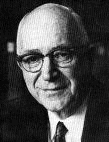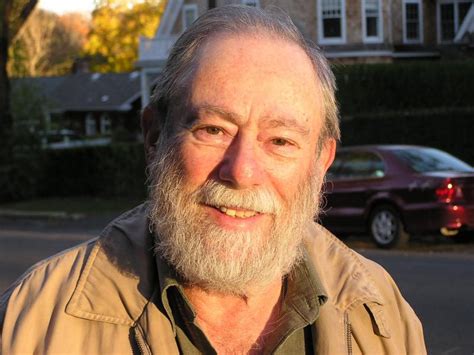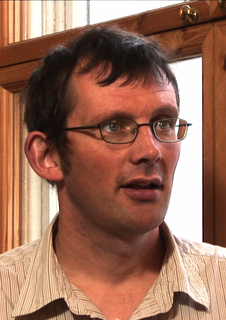A Quote by Denis Hayes
The more subtle thing is more speculative. The world is well past its long-term carrying capacity for human beings living a European, much less an American, lifestyle predicated on planned obsolescence. International economic growth is largely a matter of accelerated movement of materials from mines and forests to the dump. Instead of saving and buying decent furniture we can pass on to our children, we charge our credit cards for shaped heaps of sawdust and glue that fall apart in less than three or four years.
Quote Topics
American
Apart
Beings
Buying
Capacity
Cards
Carrying
Charge
Children
Credit
Credit Card
Credit Cards
Decent
Dump
Economic
Economic Growth
European
Fall
Forests
Four
Four Years
Furniture
Glue
Growth
Human
Human Being
Human Beings
Instead
International
Largely
Less
Lifestyle
Living
Long
Long-Term
Materials
Matter
Mines
More
Movement
Much
Obsolescence
Our
Our Children
Pass
Past
Planned
Planned Obsolescence
Saving
Sawdust
Shaped
Speculative
Subtle
Term
Than
Thing
Three
Well
World
Years
Related Quotes
I've got to stop getting obsessed with human beings and fall in love with a chair. Chairs have everything human beings have to offer, and less, which is obviously what I need. Less emotional feedback, less warmth, less approval, less patience and less response. The less the merrier. Chairs it is. I must furnish my heart with feelings for furniture.
Wherever we are, any time of night or day, our bosses, junk-mailers, our parents can get to us. Sociologists have actually found that in recent years Americans are working fewer hours than 50 years ago, but we feel as if we're working more. We have more and more time-saving devices, but sometimes, it seems, less and less time.
If you want to spend more money in restaurants, use credit cards more than cash. If you want to spend less, use cash more than credit cards. But in general, we can think about how to use the pain of paying and how much of it do we want. And I think we have like a range. Credit cards have very little pain of paying, debit cards have a little bit more because you feel like today, at least it is coming out of your checking account, and cash has much more.
Our progress as a nation can be no swifter than our progress in education. Our requirements for world leadership, our hopes for economic growth, and the demands of citizenship itself in an era such as this all require the maximum development of every young American's capacity. The human mind is our fundamental resource.
Human beings are distinguished by a capacity for experience as well as by their behavior, and homosexuality is as much a matter ofemotion as of genital manipulation.... As we each examine our own sense of identity we realize how much more complex is the question of homosexuality than a mere Kinsey-like computation of orgasms.
In the century now dawning, spirituality, visionary consciousness, and the ability to build and mend human relationships will be more important for the fate and safety of this nation than our capacity to forcefully subdue an enemy. Creating the world we want is a much more subtle but more powerful mode of operation than destroying the one we don't want.
What does labor want? We want more schoolhouses and less jails; more books and less arsenals; more learning and less vice; more leisure and less greed; more justice and less revenge; in fact, more of the opportunities to cultivate our better natures, to make manhood more noble, womanhood more beautiful, and childhood more happy and bright.
One the one hand, our economists treat human beings as rational actors making choices to maximize their own economic benefit. On the other hand, the same companies that hire those economists also pay for advertising campaigns that use the raw materials of myth and magic to encourage people to act against their own best interests, whether it's a matter of buying overpriced fizzy sugar water or the much more serious matter of continuing to support the unthinking pursuit of business as usual in the teeth of approaching disaster.
Popular music of the last 50 years has failed to keep in step with advances in musical theater, namely Stephen Sondheim. But the two have grown apart so that popular music is based more than ever on a rhythmic grid that is irrelevant in musical theater. In popular music, words matter less and less. Especially now that it's so international, the fewer words the better. While theater music becomes more and more confined to a few blocks in midtown.
Religions are different roads converging on the same point. What does it matter that we take different roads so long as we reach the same goal? I believe that all religions of the world are true more or less. I say "more or less" because I believe that everything the human hand touches, by reason of the very fact that human beings are imperfect, becomes imperfect.
































